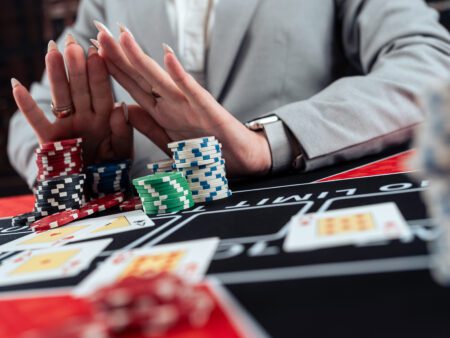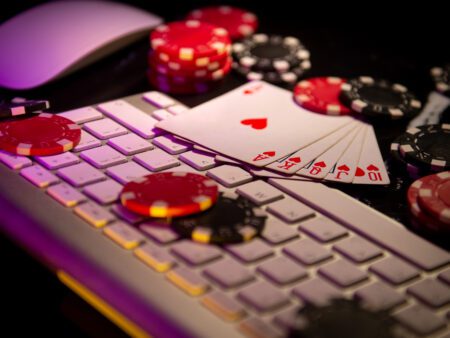Uncover the hidden influences of psychology in gambling. Explore the role of perception, emotions, risk-taking, social influence, and rewards. Gain insights for a more informed and enjoyable gambling experience.
The Intricate Dance of Psychology and Gambling: Understanding the Hidden Influences
Gambling is not merely a game of chance but a fascinating arena where psychology plays a significant role. Behind the glitz and glamour of casinos, there exists a complex interplay of human emotions, cognitive biases, and behavioral patterns that shape our gambling experiences. In this article, we delve into the intricate dance between psychology and gambling, uncovering the hidden influences that impact our decisions and outcomes.
Understanding the Power of Perception:
Perception is a powerful force in the world of gambling. How we perceive the odds, our chances of winning, and the potential rewards can greatly influence our behavior. The phenomenon of cognitive biases, such as the illusion of control or the gambler’s fallacy, can lead us astray and affect our decision-making. By understanding these biases and how they impact our perception, we can approach gambling with a more balanced mindset.
The Role of Emotions:
Emotions have a profound impact on our gambling experiences. Excitement, anticipation, and the fear of losing can all sway our decisions at the gambling table. Understanding the role of emotions and learning how to manage them can help us maintain control and make more rational choices. Strategies such as setting limits, taking breaks, and practicing mindfulness can contribute to a more enjoyable and responsible gambling experience.
The Psychology of Risk-Taking:
Gambling inherently involves risk-taking, and our propensity for risk varies from person to person. Some individuals are more risk-averse, preferring conservative bets, while others thrive on high-stakes wagers. Exploring the psychology of risk-taking can help us understand our own inclinations and develop strategies that align with our comfort levels. Additionally, understanding the concept of expected value and weighing the potential risks against the potential rewards can assist in making more informed gambling decisions.
Social Influence and Peer Pressure:
Humans are social beings, and this social aspect extends to the realm of gambling as well. The influence of others, whether it be fellow gamblers or the behavior of winners and losers, can impact our own choices. The phenomenon of social proof can lead us to follow the actions of others, even if it goes against our better judgment. Recognizing these social dynamics and making independent decisions can help us navigate the gambling landscape with greater clarity.
The Allure of Rewards and Reinforcement:
Rewards and reinforcement play a pivotal role in the psychology of gambling. The intermittent reinforcement schedules employed in various games, such as slot machines, create a powerful psychological effect. The anticipation of a potential win, even if it is infrequent, can keep players engaged and seeking more. Understanding the mechanisms of rewards and reinforcement can assist in developing healthy gambling habits and avoiding addictive behaviors.
Conclusion:
The intricate dance between psychology and gambling shapes our experiences in ways we may not fully comprehend. By exploring the power of perception, emotions, risk-taking, social influence, and the allure of rewards, we gain valuable insights into the hidden influences that impact our gambling decisions. Armed with this knowledge, we can approach gambling with a greater understanding of ourselves and make choices that align with our values and goals.










